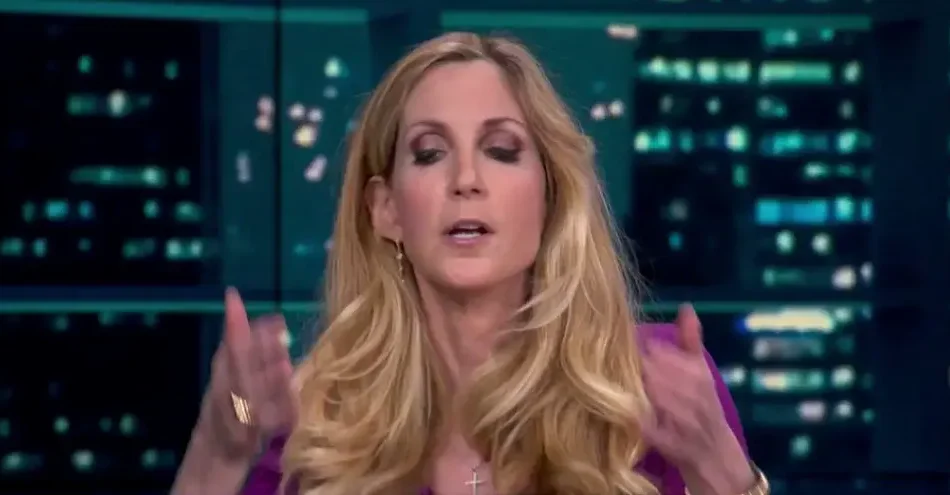In recent news, conservative commentator Ann Coulter has found herself at the center of a social media storm. Coulter, known for her provocative statements, faced significant backlash after posting a tweet mocking Gus Walz, the 17-year-old son of Democratic vice-presidential nominee Tim Walz, during the Democratic National Convention (DNC).
The incident occurred when Gus Walz, who has a non-verbal learning disorder, was seen tearfully expressing pride as his father took the stage. Coulter shared an image of Gus on X (formerly Twitter), captioning it with a derogatory remark. This post quickly drew criticism from various quarters, including prominent figures like Rosie O’Donnell and Ana Navarro.
Rosie O’Donnell, a well-known actress and television personality, condemned Coulter’s actions, calling her “heartless” and “cruel.” O’Donnell’s sentiments were echoed by Ana Navarro, a political commentator, who highlighted the insensitivity of attacking a teenager with special needs. The backlash was swift and widespread, with many social media users expressing their outrage and disappointment.
Coulter’s tweet was particularly criticized for targeting a young individual who was not involved in politics but was simply showing support for his father. The incident has sparked a broader conversation about the ethics of public figures using their platforms to attack private individuals, especially those with disabilities.
In response to the backlash, Coulter deleted the controversial tweet. However, the damage had already been done, and the incident continued to trend on social media platforms. Many users called for greater accountability and sensitivity from public figures when making statements online.
This incident is not the first time Coulter has been involved in controversy. She has a history of making inflammatory remarks that often provoke strong reactions. However, this particular episode has struck a chord with many, given the vulnerable nature of the target and the context in which the comments were made.
The Democratic National Convention, where the incident took place, was a significant event for the Walz family. Tim Walz’s speech was a moment of pride for his family, and Gus’s emotional reaction was seen as a touching display of familial love and support. The negative attention brought by Coulter’s tweet overshadowed what should have been a positive moment for the family.
As the conversation around this incident continues, it serves as a reminder of the power and responsibility that comes with having a public platform. The backlash against Coulter underscores the importance of empathy and respect in public discourse, especially when it involves individuals who are not public figures themselves.

